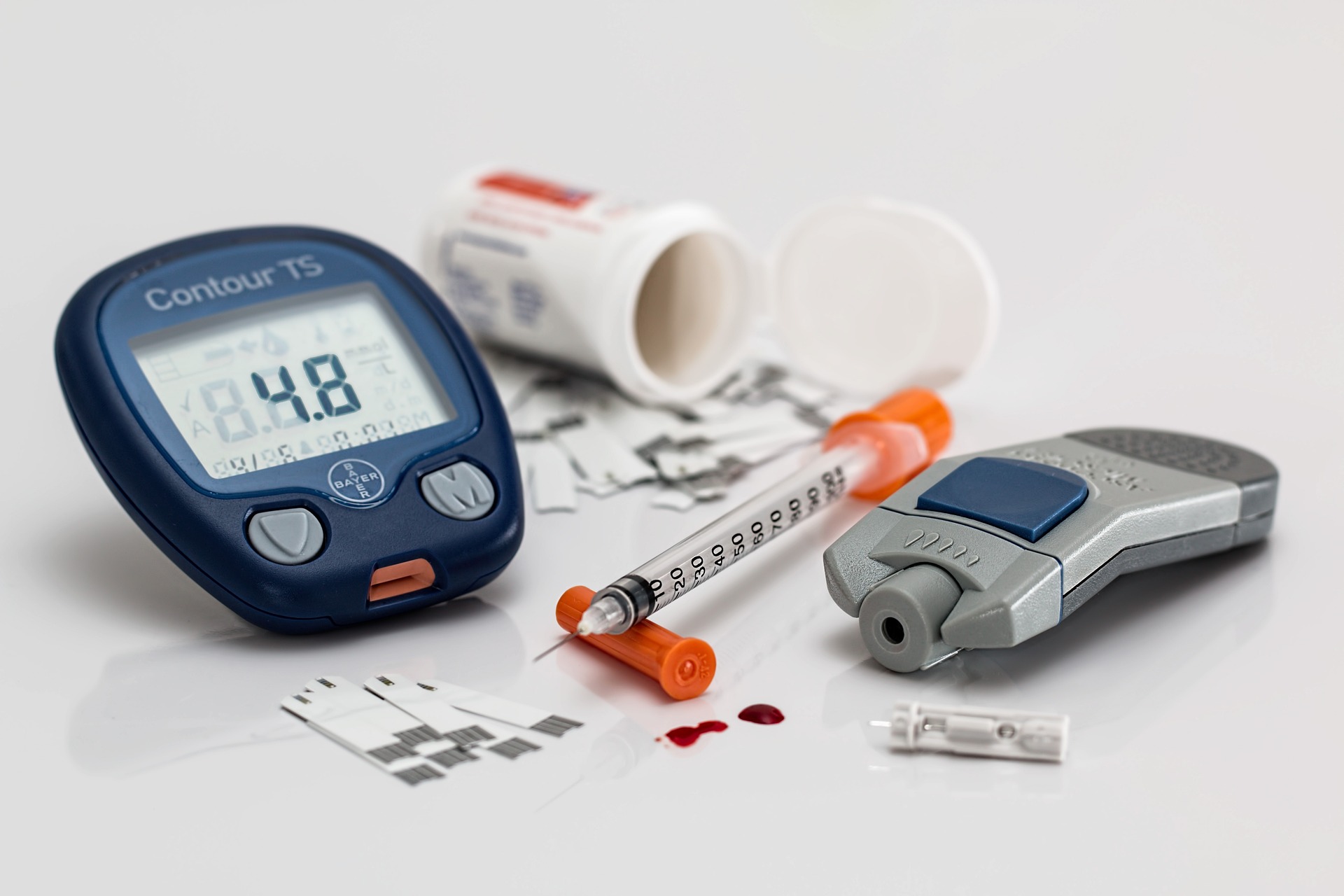Unraveling the Complexities of Type 2 Diabetes: Management, Medications, and Potential Side Effects Introduction: Type 2 diabetes, a chronic metabolic disorder characterized by elevated blood sugar levels, poses a significant health challenge worldwide. This condition results from the body’s inability to use insulin effectively, leading to insulin resistance and impaired glucose regulation. In this article,… Continue reading Diabetes Type Two
Author: admin
Hypertension
Understanding Hypertension: The Silent Threat to Cardiovascular Health Introduction: Hypertension, commonly known as high blood pressure, is a prevalent medical condition that affects millions of people worldwide. Often referred to as the “silent killer,” hypertension is notorious for being asymptomatic, quietly damaging the cardiovascular system over time. In this article, we will delve into the… Continue reading Hypertension
Body Mass Index Calculator
BMI Calculator BMI Calculator Height (in cm): Weight (in kg): Calculate BMI Your BMI is:
Dr. Ali Solgi
Dr. Ali Solgi is a family physician practicing in Vancouver British Columbia Qualifications: Doctorate Degree In Medicine, 2002 Fellowship of Royal Australian College of General Practitioners (FRACGP) Certification By College of Family Physicians of Canada (CCFP) Family Physician, MD, CCFP, FRACGP, LMCC


